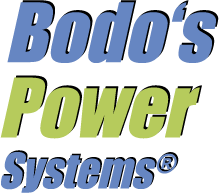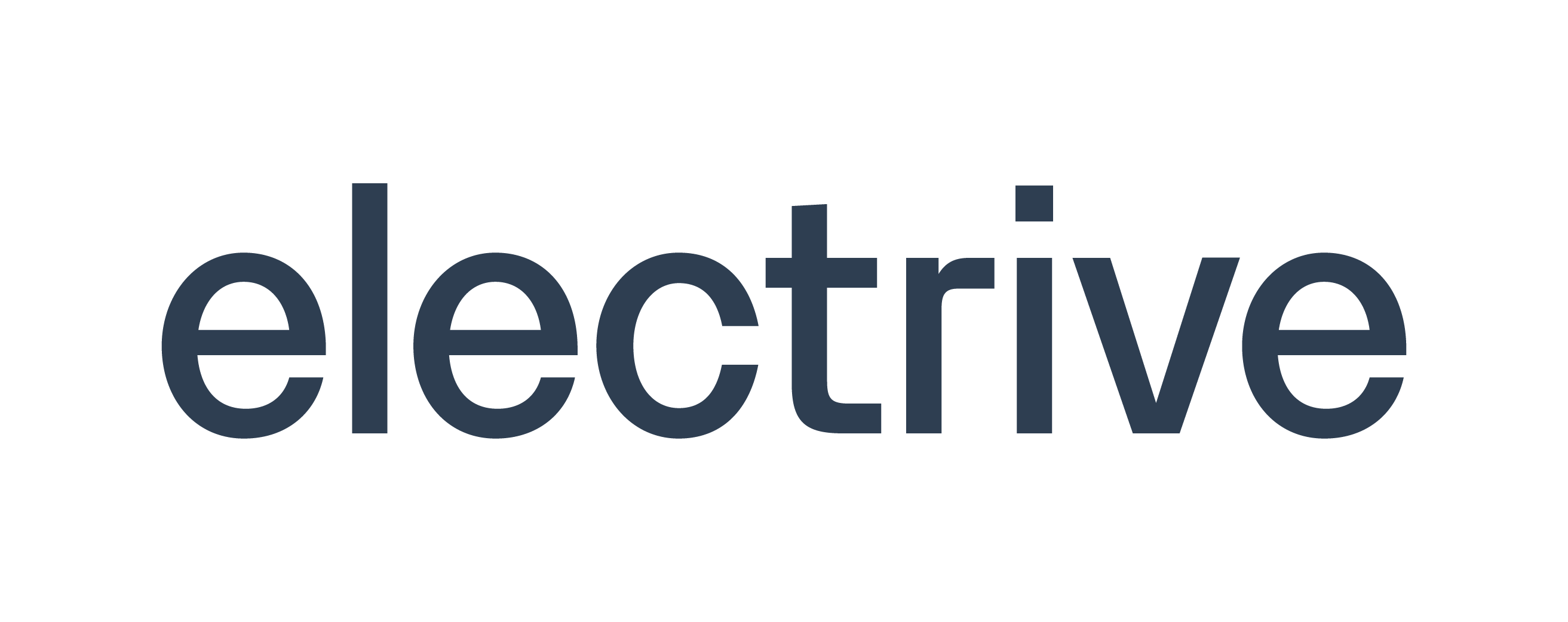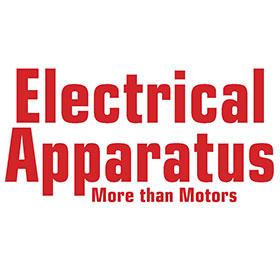2026 Speaker List
We’re getting ready to open the curtain on the conversations that will shape CWIEME Berlin 2026. While individual speakers are still under wraps, leading organisations from across the electrical manufacturing value chain have already confirmed their involvement.
These are the companies driving progress across motors, transformers, and transmission and distribution, and their experts will take the stage in May. We've shared the first confirmed company logos below, with the first speaker announcements coming later this month.
Stay close as the 2026 programme begins to take shape.
No result - please try again.



















